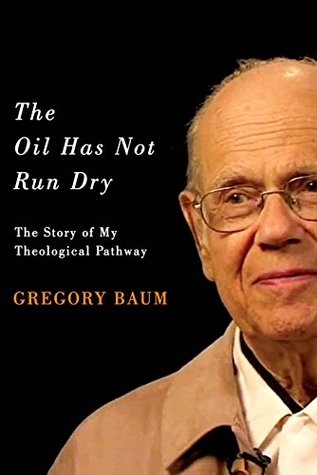
Gerhard Albert Baum (1923–2017), better known as Gregory Baum, was a German-born Canadian priest and theologian in the Roman Catholic Church. He became known in North America and Europe in the 1960s for his work on ecumenism, interfaith dialogue, and the relationship between the Catholic Church and Jews. In the later 1960s, he went to the New School for Social Theory in New York and became a sociologist, which led to his work on creating a dialogue between classical sociology (Marx, Tocqueville, Durkheim, Toennies, Weber, etc.) and Christian theology.
In the 1970s, he welcomed the insights of the Theology of Liberation that came from Latin America and other societies. He also became interested in the work of Karl Mannheim and developed a program of ideology critique that he hoped would eliminate the ideological elements in religion, especially those elements that preached contempt for others and allowed Christians to remain unmoved by the suffering of the victims of social injustice and structural violence.
In the 1980s and 1990s, Baum continued his study into ideology critique by integrating the work of the Frankfurt School of Critical Theory. He connected the Frankfurt School's concept of "the end of innocent critique" with the Catholic Church's "preferential option for the poor". Both concepts extended his interest in ideology critique. Since Baum has always been interested in social ethics, he also studied the work of Karl Polanyi, with whom he sympathized greatly.
